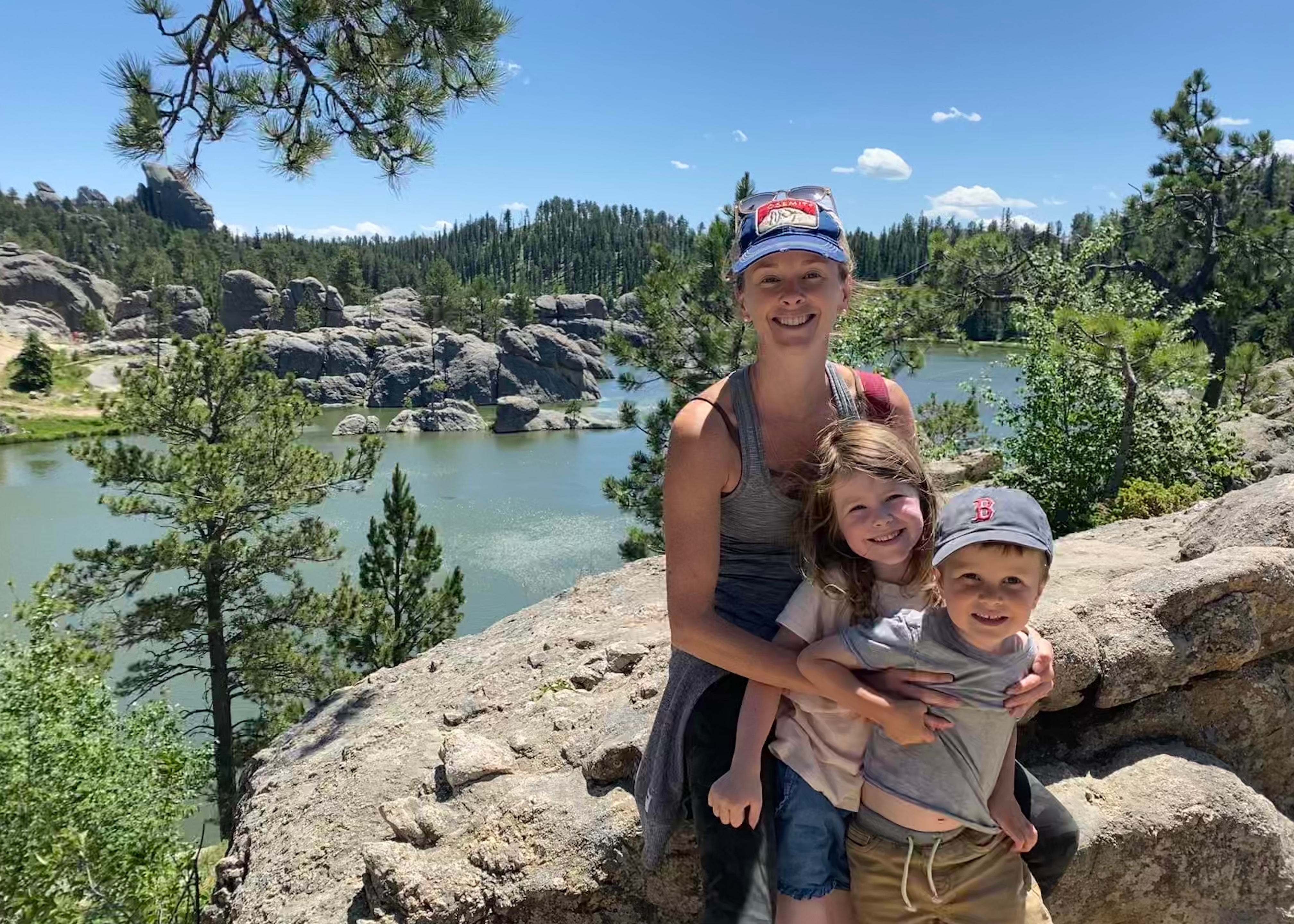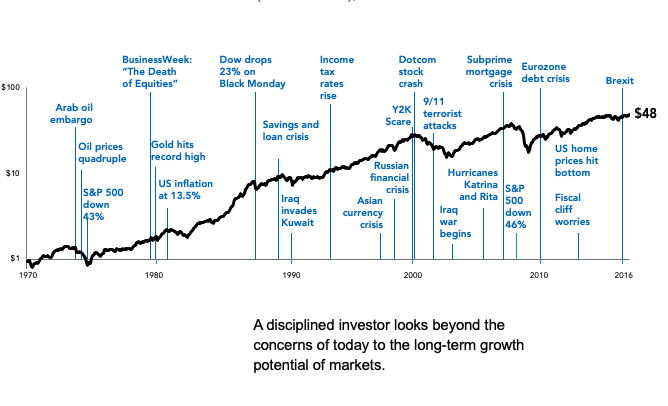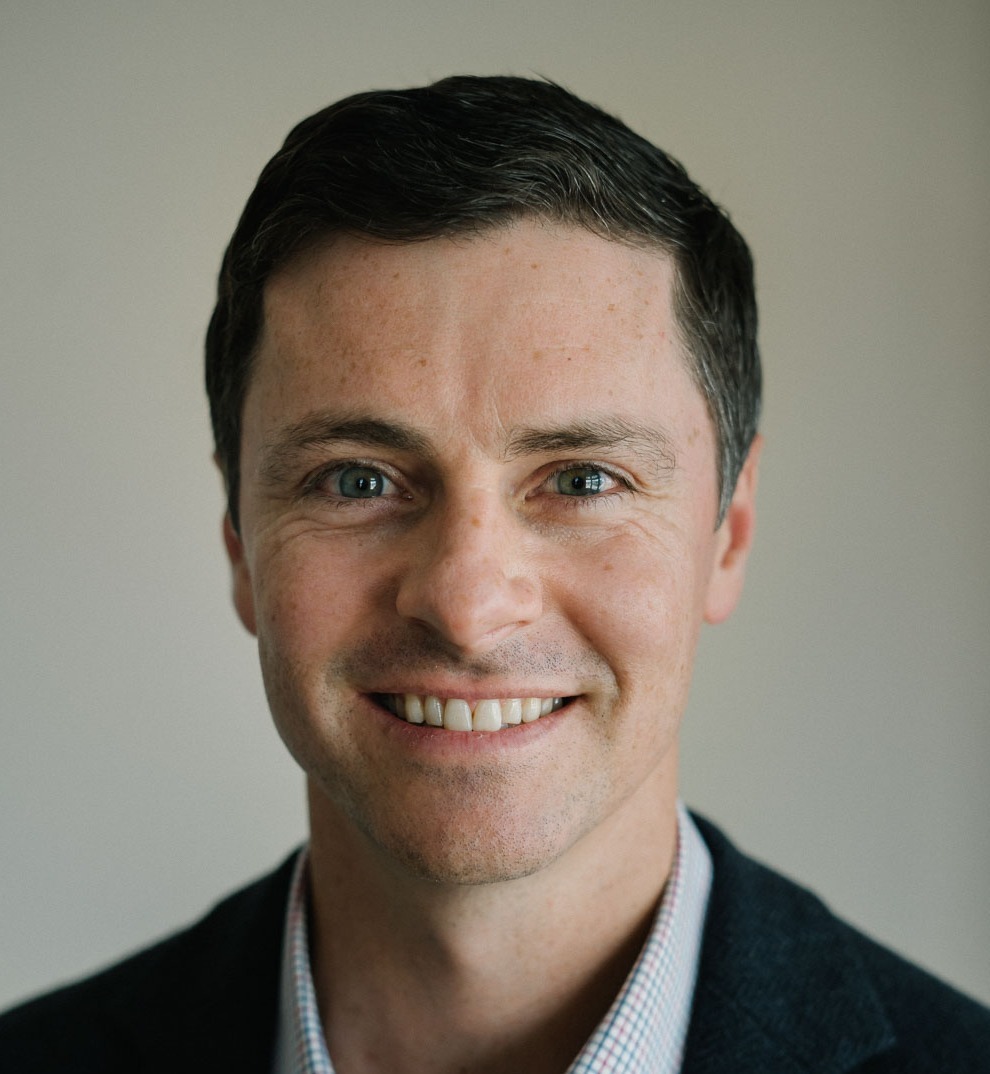
I'm writing this newsletter as I sit in the mountain town of Ouray, CO. During the pandemic, many people like us have hit the road for what seems to be the safest form of vacation: camping.
I'm ashamed to admit that I've never road-tripped out west before. As we wind our way through the mountains I've found myself uttering, "Whoa, beautiful!" over and over again.
Our kids, Sophie Sue and Graham, have particularly enjoyed themselves. Getting to sleep in the same tent between Mom and Dad might be the highlight. One of the highlights for me has been observing how competitive my kids are.
If I ever need my kids to do something, I frame it as a competition. “Let’s see who can get their Pajamas on the fastest!” or “Let’s race upstairs, first one to get into bed wins!” Works every time.
Each day of the road trip our kids compete for the day’s top prize: The title MVP. The one who demonstrates the most helpful (or least annoying) behavior, will be crowned the MVP of the day. Their competitiveness motivates them to stop and think, “Is this MVP behavior?” In my ignorance, this could be terrible parenting, but it’s certainly effective.
Graham, who is only 3, started to use a stick to scratch my back while I drive because “that’s what MVP do, Dad.”
Without blackout curtains, our kids have been waking up exceedingly early. In our desperation, Madeline and I hatched a genius idea that would give Sophie Sue some responsibility while also allowing us to get more sleep.
We told Sophie Sue we’d pay her 1$ to babysit Graham each morning. She would just have to pour him cereal and turn on a show on the iPad while Mom and I sleep next to them.
Sensing our desperation, she negotiated us up to $5 per morning.
But before the deal was struck, Graham overheard the conversation and spoke up saying, “I don’t want Sophie Sue to babysit me!”
At first, she snarled at her little brother as he stood to ruin her prospects of earning some cold hard cash for a relatively easy job. However, the snarl quickly left her face, overtaken by a faint smirk as the wheels turned in her head. She leaned down to her brother’s ear and whispered a proposal: “Graham, I’ll pay you a dollar to let me babysit you.” My little capitalist!
To recap: Sophie Sue, always the skilled negotiator, talked her parents up to $5 per morning to babysit. The profitable deal was soon derailed by her little brother. Almost as quickly as her hopes were dashed she came up with a solution that, while lowering her profit margin, cut her little brother in on the deal to keep the whole thing alive. I’ve never been more proud.
Part of my amazement was how quickly and instinctively she acted. She didn’t learn this from a business book or a Masterclass on negotiation. It was an innate maneuver birthed out of her own self-interest.
It occurred to me that this intrinsic competitiveness is what drives human innovations and progress. It’s a seemingly counterintuitive concept: Seeking personal profit benefitting those around you.
In order to make a legitimate profit in capitalism, one must introduce a product or service for others that others are willing to pay for. In our case, Madeline and I get more sleep, Sophie Sue gets $4, and Graham gets $1. We all win. This is the system our economy is based upon.
Capitalism isn’t without its issues, but one can’t deny that the economic growth driven by capitalism has had a profoundly positive impact on living standards across the globe. Much of our disagreements involve not whether capitalism works, but how to effectively regulate it.
Despite all of the scary headlines, I take great comfort in the inevitable solutions that will be birthed in the capitalistic marketplace. Right now, we have dozens of companies pouring their resources into developing a COVID-19 vaccine. Are they doing it out of the goodness of their hearts? In capitalism, that’s an unnecessarily dichotomous question. These companies are simultaneously chasing massive profits while developing a solution that will save countless lives. They can have their cake and eat it too.
The human spirit is a tough one to break. Tumultuous events, self-inflicted or otherwise, have woven their way through the drama of human history. However, at my core, I have an abiding faith in the future, and you should too. Despite the horrors of human history, the arc bends toward progress.
While we see improvement behind us, we tend to expect nothing but deterioration ahead of us.
I'm aware that this message may come across as tone-deaf or overly optimistic in light of our current crisis. But in the midst of all our problems, we can lose sight of how far we've come. We'd never want to go back to 1990 technology and healthcare let alone 1890.
Not to minimize the very real threat of the COVID-19 pandemic, there is always an apocalypse du jour going on somewhere in the world. Yet when a threat is before us, human ingenuity has answered the call.  When it comes to investing, discipline and optimism are key ingredients to success. In the above chart, you can see that the disciplined investor (despite all of the apocalypse du jours) carries the day.
When it comes to investing, discipline and optimism are key ingredients to success. In the above chart, you can see that the disciplined investor (despite all of the apocalypse du jours) carries the day.
We've experienced a very unexpected recovery in the stock market over the past few months. If there is one takeaway from this so far, it's that we should completely disregard any investor's short-term market views, no matter their net worth or track record.
We are experiencing a very real crisis right now and there will be significant damage done to our economy and lives lost as a result. Yet from an investment standpoint, the COVID-19 pandemic will be another blip on the chart above. Meanwhile, the Sophie Sue's of our world are out there innovating and competing to solve the world's problems (with the help of people wearing masks in public, of course).
This material is intended for educational purposes only. You should always consult a financial, tax, or legal professional familiar with your unique circumstances before making any financial decisions. Nothing contained in the material constitutes a recommendation for purchase or sale of any security, investment advisory services or tax advice. The information and opinions expressed in the linked articles are from third parties, and while they are deemed reliable, we cannot guarantee their accuracy.
